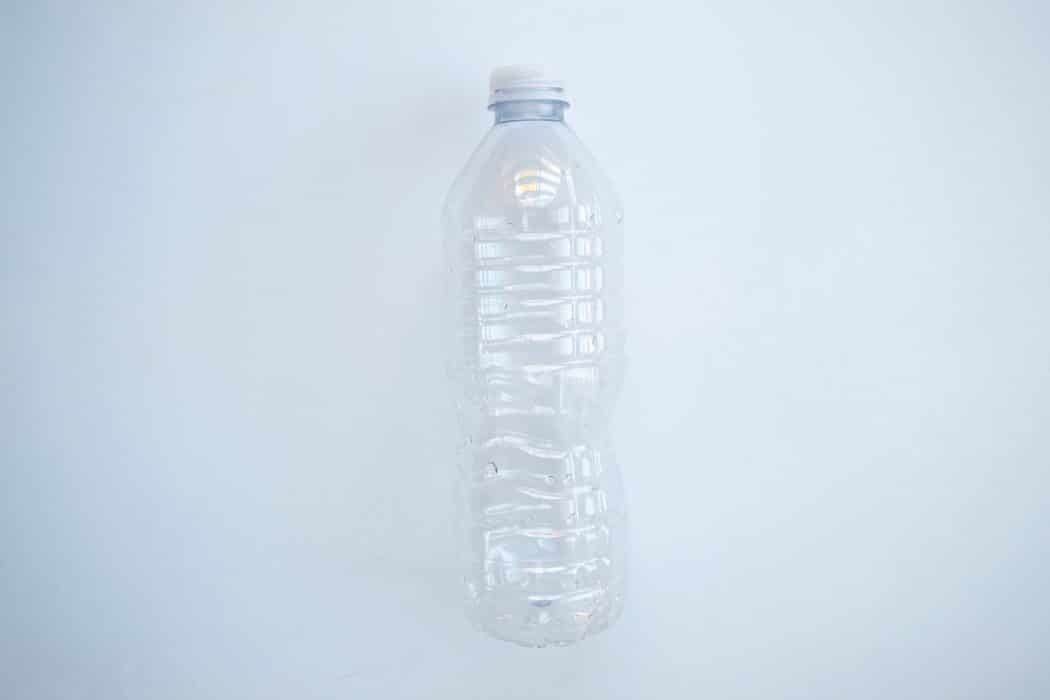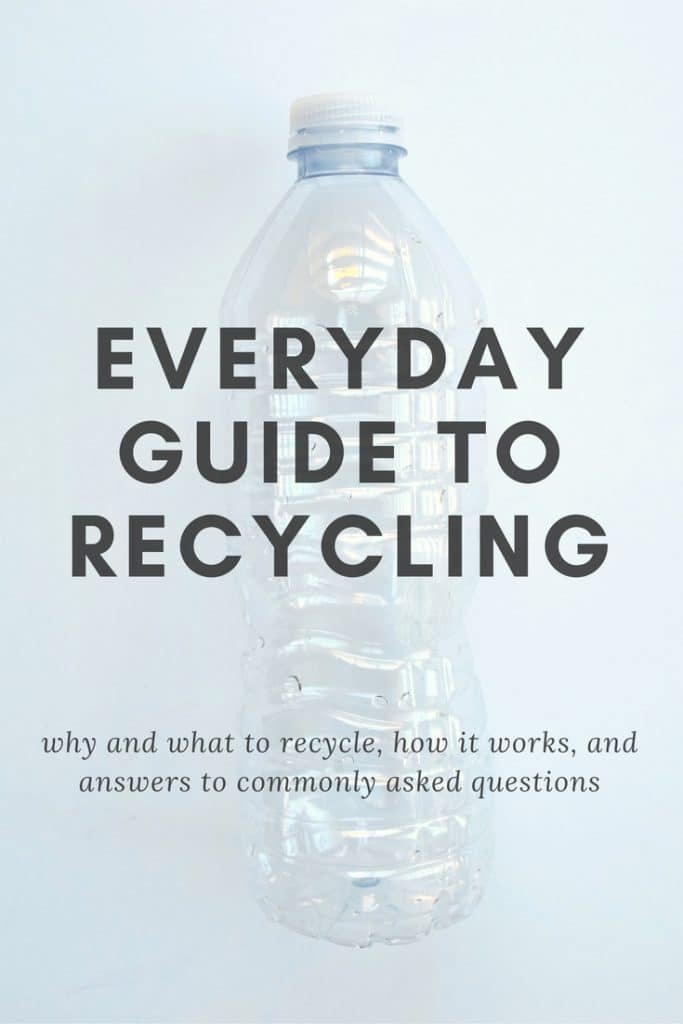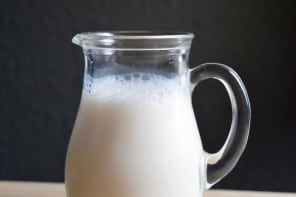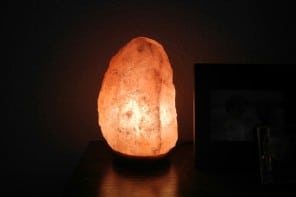In our house, we have two trash cans: one for trash and another for recycling. We try to be careful with the amount of packaged items that we buy, but we end up with a ton of waste by the end of each week. Occasionally, I will save a glass jar to reuse or give a toilet paper roll to my toddler for arts and crafts. However, the waste just keeps on coming. And it’s not like the stuff that is in my trash can just magically disappears as soon as the garbage truck arrives, much of it goes to a landfill to take up space and pollute the earth.
But there’s hope in all the trash and waste: the recycling.
I grew up in an affluent community and being told to recycle was completely normal and drilled into my head. We recycled at home, with a place for paper, cans, and bottles. I remember going to a friend’s house, finishing my soda can, and asking where the recycling went. When I was met with the answer, “Oh, that just goes in the trash can,” I was always a bit baffled. Recycling was pretty easy for my community. Is it paper, glass, plastic, or aluminum? Put it in this blue trash can and we will pick it up for you!
Then, there’s the bigger question on what you can recycle. Many people don’t know that it’s better for the environment if you bring your electronics to an electronics recycling facility. Many people don’t know that you can recycle electronics at all. The same goes for chemicals and medications.
Recycling is such a vital part of a sustainable and environmentally friendly future, so it’s important to know the basics.
Why recycle?
So the basic question is why bother recycling? Why not just throw all of our trash in one can and be done with it?
- It keeps waste out of quickly filling landfills
- It saves energy by removing the need for raw materials
- It conserves raw materials and resources
- It is far less polluting than creating new materials
- It teaches the importance of appreciating and using what we already have
Raw materials like paper and plastic involve environmentally destructive practices such as drilling and chopping down trees. Then, toxic and harmful chemicals like bleaches and solvents are used in processing and manufacturing items. Water is also used in huge quantities during the manufacturing of raw materials, which both wastes water as well as pollutes water sources with other processing chemicals and byproducts. And unless they are recycled or put into a landfill, they can end up contributing to even more pollution issues. Plastics that end up in the ocean can kill ocean life and is changing the actual chemical makeup of the water itself.
What can you recycle?
This is a tricky question because it depends on where you live. For the most part, these are commonly recyclable items:
- Paper
- Plastic
- Aluminum
- Glass
- Automotive parts (tires, batteries, motor oil, etc.)
- Electronics
- Household items (furniture, carpet, light bulbs, etc.)
- Chemicals (paint, medications, pesticides, etc.)
- Batteries
Depending on where you live, there could be much more or much less to this list. Where you can recycle each item also depends on your community. For example, where I live, I can put all household paper, plastic, glass, and aluminum in one place to be picked up curbside. I have local facilities that will accept the other items like electronics or chemicals, but I need to bring them in myself. For information about your community, check out http://earth911.com for more information on where you can recycle specific items or go to your city’s website, they should have area specific waste management information.
How does recycling work?
Volatile or hazardous recyclable items will obviously have more specific and careful protocols, so this is mainly about the commonly recycled items like paper and glass.
After the items are received, they go to a plant where they are cleaned, sorted, and processed. What each item goes through depends on what it’s made out of. For example, cans go through various magnetic organizers to separate steel from aluminum. Glass is typically cleaned and crushed. Plastic often requires hand sorting because there are many different kinds of plastic. From there, they are pretty much just like a raw material to be sold as needed. Plastics, papers, and metals are typically crushed into huge cubes to be shipped to manufacturers that then use them as they would a raw material. Companies use the large bales of paper products to make recycled paper bags or paper, for example.
Common recycling questions.
There are some commonly asked questions about recycling that seem to come up a whole lot, so here are a few:
- Do I need to separate and organize my household recyclables? Check with your local rules about this one. I can throw them all in together, but many places require you to separate them first. Also, check out where you need to bring each item or someone picks them up for you.
- Should I take the caps off of bottles before putting them in the recycling? Yes! There are some places that recycle the caps, but many do not, so remove those before recycling the bottle. Check with your local recycling regulations to see if you can recycle them or if they need to be thrown with the trash.
- What about labels? Do I need to remove those? No. Labels come off during cleaning because the glue needs to be removed as well. Don’t worry about the labels.
- Should I rinse food and drink out of cans, bottles, and jars? Yes. You need to rinse food out of items before you throw them in the recycling.
- What kind of paper can I recycle? It doesn’t have to be plain white office paper, any paper product is recyclable: newspapers, paper bags, magazines, office paper, mail, colored paper, receipts, milk/juice cartons, cardboard, etc. Just be sure that your paper recyclables are kept dry and clean! Paper with food (like pizza boxes) cannot be recycled because of the contaminating grease.
- What kind of plastic can I recycle? The specifics depend on your local rules, but if you look at the little number on the bottom of the plastic item, the rules are as follows: 1, 2, 5, and 6 are all recyclable! These items are typically water bottles, toiletry bottles, plastic cups, soda bottles, etc.
- Can I recycle plastic bags? Yes and no. They do not go in with your other plastic recycling because it’s a different kind. But many grocery stores accept them for recycling. *They can jam up machinery at the processing plants, so keep them out of your recycling bins!
- Can I recycle any kind of glass? Typically, no. If it’s plain, clear glass say from something like a jar of tomato sauce, then yes. But ceramic, light bulbs, and window glass do not fall under this category and require separate recycling.
Other ways to reuse:
Recycling is a last ditch effort to conserve resources and keep the landfills from overflowing. There are ways to help, even without recycling.
- Use waste items like bottles, toilet paper rolls, scrap paper, or cans for kids art projects. This gets their creative juices flowing and teaches them the importance of using what you already have.
- Save things like glass jars that can be used over and over again. Glass jars can be drinking glasses, dry food storage containers, or office item organizers.
- Instead of tossing worn out clothing, mend things or cut up and use as rags. There’s always the old school solution of using worn out clothing to make a quilt, too (if you like to sew).
- Reuse paper like junk mail or flyers as scrap paper. They are super useful for kids to doodle on or to use as a place to jot down phone numbers and information.
Recycling has become a vital part of our consumer driven society, especially for the sake of future generations. Check out your community’s rules, regulations, and locations on recycling. Reusing and recycling is such an easy way to create a huge impact in environmental protection and sustainability.






